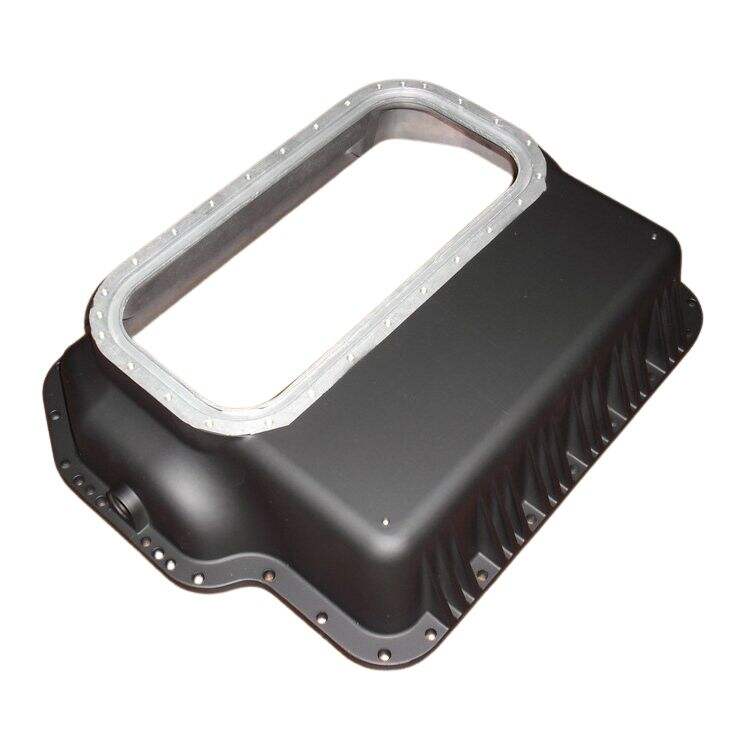Choosing between zinc and aluminum for your die-cast components is a critical decision that impacts performance, cost, and longevity. This guide compares Zamak and aluminum die casting alloys across key properties to help you make an informed choice that aligns perfectly with your product's requirements.
Difference and Advantages?
Zinc Alloy Die Casting (Typical Cast Zinc Alloys: Zamak 3, Zamak 2)
Zinc alloys are renowned for their exceptional strength, hardness, and impact resistance. They facilitate the production of complex, thin-walled parts with remarkable dimensional stability and tight tolerances. A significant advantage is their superior EMI shielding capabilities, making them ideal for electronic enclosures. Due to a lower melting point, zinc die casting is energy-efficient, reduces tooling wear, and offers faster cycle times. This often makes it the most cost-effective solution for high-volume production runs.
Common Applications: Automotive components (e.g., brackets, gears), electrical housings, connectors, high-quality decorative hardware, and consumer electronics parts.
Aluminum Alloy Die Casting (Typical Cast Aluminum Alloys: A380, A360, ADC12)
Aluminum alloys are prized for their light weight, high strength-to-weight ratio, and excellent corrosion resistance. They also offer outstanding thermal and electrical conductivity, making them the preferred material for parts requiring heat dissipation, such as LED housings, heat sinks, and power tools. While aluminum die casting typically involves higher initial tooling costs and longer cycle times compared to zinc, its material properties are indispensable for weight-sensitive applications.
Common Applications: Automotive powertrains and structural parts, aerospace components, consumer electronics casings, and lighting fixtures.
Which Should You Choose?
The optimal choice hinges on your project's priorities:
Choose Zinc Alloy for applications demanding high strength, intricate details, superior EMI shielding, and the lowest per-part cost in high volumes. It's ideal for durable industrial and consumer parts.
Choose Aluminum Alloy for components where lightweighting, heat dissipation, and natural corrosion resistance are paramount. It's essential for automotive, aerospace, and thermal management solutions.
Summary
Ultimately, the decision between zinc and aluminum die casting is driven by your product's specific needs for strength, weight, budget, and function. At Moldie, our engineering experts are here to guide you through this critical selection process, ensuring you choose the most optimal material for performance, value, and manufacturability. Contact us today for a free consultation and let's partner to bring your design to life with confidence.
 EN
EN
 AR
AR
 BG
BG
 HR
HR
 CS
CS
 DA
DA
 NL
NL
 FI
FI
 FR
FR
 DE
DE
 EL
EL
 HI
HI
 IT
IT
 JA
JA
 KO
KO
 NO
NO
 PL
PL
 PT
PT
 RO
RO
 RU
RU
 ES
ES
 SV
SV
 LV
LV
 SR
SR
 SK
SK
 SL
SL
 UK
UK
 HU
HU
 TR
TR
 FA
FA
 MS
MS
 GA
GA
 CY
CY
 IS
IS
 HY
HY
 AZ
AZ
 KA
KA
 BS
BS
 LA
LA
 KY
KY




